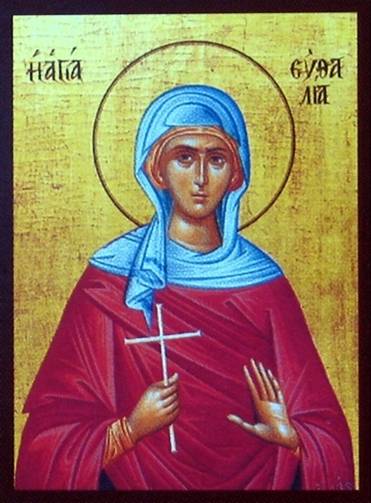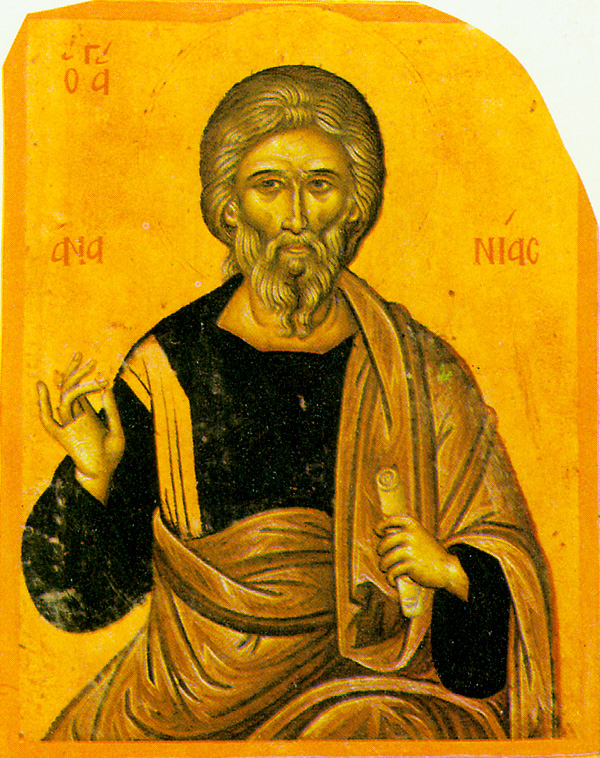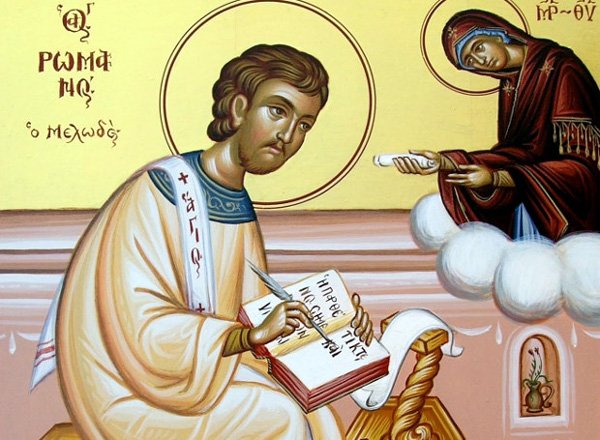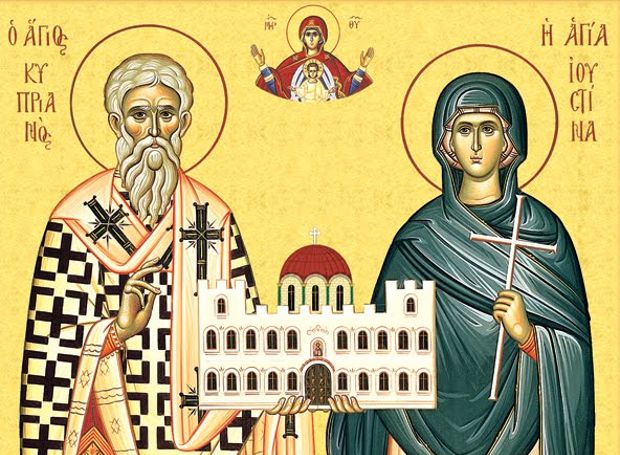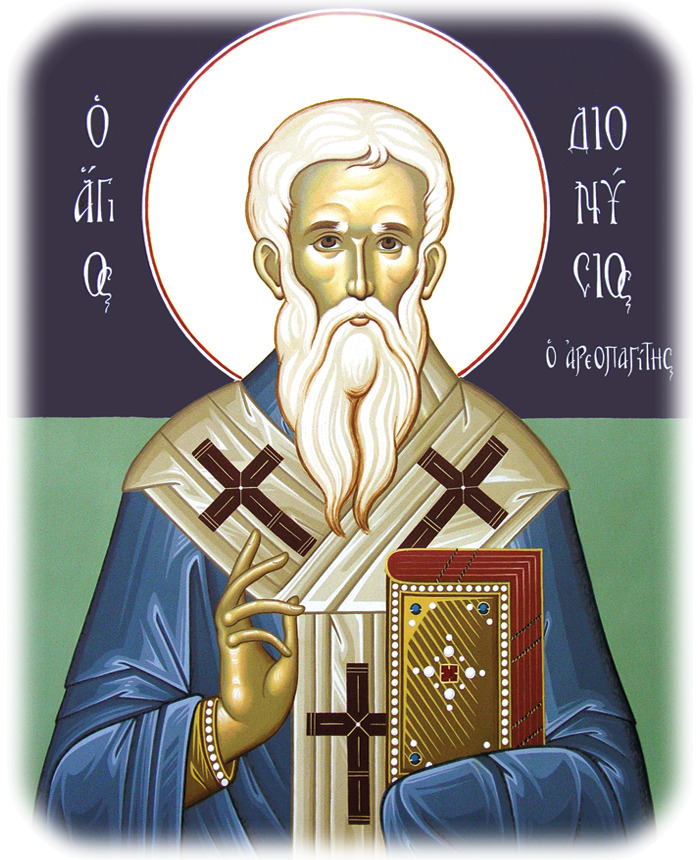
The Hieromartyr Blaise (Blasius), Bishop of Sebaste, was known for his righteous and devout life. Unanimously chosen by the people, he was consecrated Bishop of Sebaste. This occurred during the reign of the Roman emperors Diocletian (284-305) and Licinius (307-324), fierce persecutors of Christians. St Blaise encouraged his flock, visited the imprisoned, and gave support to the martyrs.
Many hid themselves from the persecutors by going off to desolate and solitary places. St Blaise also hid himself away on Mount Argeos, where he lived in a cave. Wild beasts came up to him and meekly waited until the saint finished his prayer and blessed them. The saint also healed sick animals by laying his hands upon them.
The refuge of the saint was discovered by servants of the governor Agrilaus, who had come to capture wild beasts to loose on the Christian martyrs. The servants reported to their master that Christians were hiding on the mountain, and he gave orders to arrest them. But those sent out found there only the Bishop of Sebaste. Glorifying God Who had summoned him to this exploit, St Blaise followed the soldiers.
Along the way the saint healed the sick and worked other miracles. Thus, a destitute widow complained to him of her misfortune. A wolf had carried off a small pig, her only possession. The bishop smiled and said to her, "Do not weep, your pigl will be returned to you...." To the astonishment of everyone, the wolf came running back and returned his prey unharmed.
Agrilaus, greeting the bishop with words of deceit, called him a companion of the gods. The saint answered the greeting, but he called the gods devils. Then they beat him and led him off to prison.
On the next day, they subjected the saint to tortures again. When they led him back to the prison, seven women followed behind and gathered up the drops of blood. They arrested them and tried to compel them to worship the idols. The women pretended to consent to this and said that first they needed to wash the idols in the waters of a lake. They took the idols and threw them in a very deep part of the lake, and after this the Christians were fiercely tortured. The saints stoically endured the torments, strengthened by the grace of God, their bodies were transformed and became white as snow. One of the women had two young sons, who implored their mother to help them attain the Kingdom of Heaven, and she entrusted them to the care of St Blaise. The seven holy women were beheaded.
St Blaise was again brought before Agrilaus, and again he unflinchingly confessed his faith in Christ. The governor ordered that the martyr be thrown into a lake. The saint, going down to the water, signed himself with the Sign of the Cross, and he walked on it as though on dry land.
Addressing the pagans standing about on shore, he challenged them to come to him while calling on the help of their gods. Sixty-eight men of the governor's retinue entered the water, and immediately drowned. The saint, however, heeding the angel who had appeared to him, returned to shore.
Agrilaus was in a rage over losing his finest servants, and he gave orders to behead St Blaise, and the two boys entrusted to him, the sons of the martyr. Before his death, the martyr prayed for the whole world, and especially for those honoring his memory. This occurred in about the year 316.
The relics of the Hieromartyr Blaise were brought to the West during the time of the Crusades, and portions of the relics are preserved in many of the lands of Europe [and his memory traditionally honored there on February 3].
We pray to St Blaise for the health of domestic animals, and for protection from wild beasts.
Troparion - Tone 4
By sharing in the ways of the Apostles,
you became you became a successor to their throne.
Through the practice of virtue, you found the way to divine contemplation, O inspired one of God;
by teaching the word of truth without error, you defended the Faith,
even to the shedding of your blood.
Hieromartyr Blaise, entreat Christ God to save our souls.
Kontakion - Tone 2
Godly shoot, unfading flower,
most fruitful branch of Christ the Vine, God-bearing Blaise,
fill with joy those who in faith honor your memory
as you unceasingly intercede for us all.
Source: oca.org



